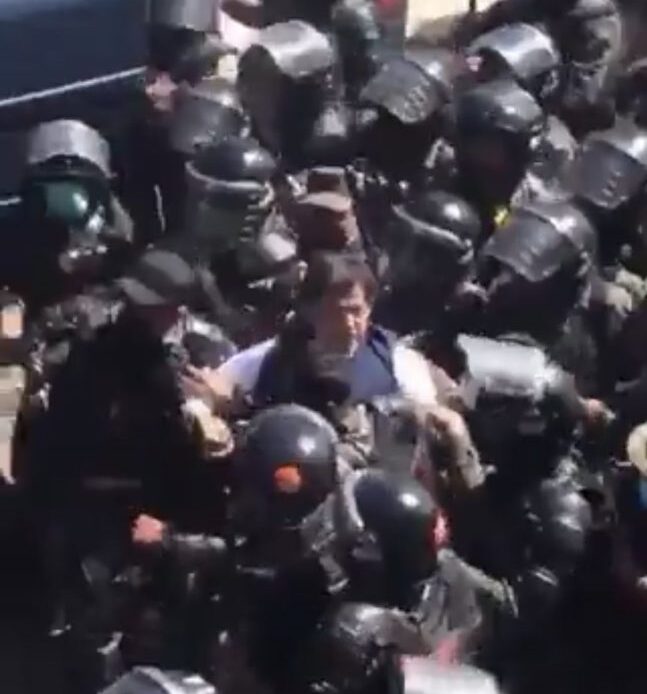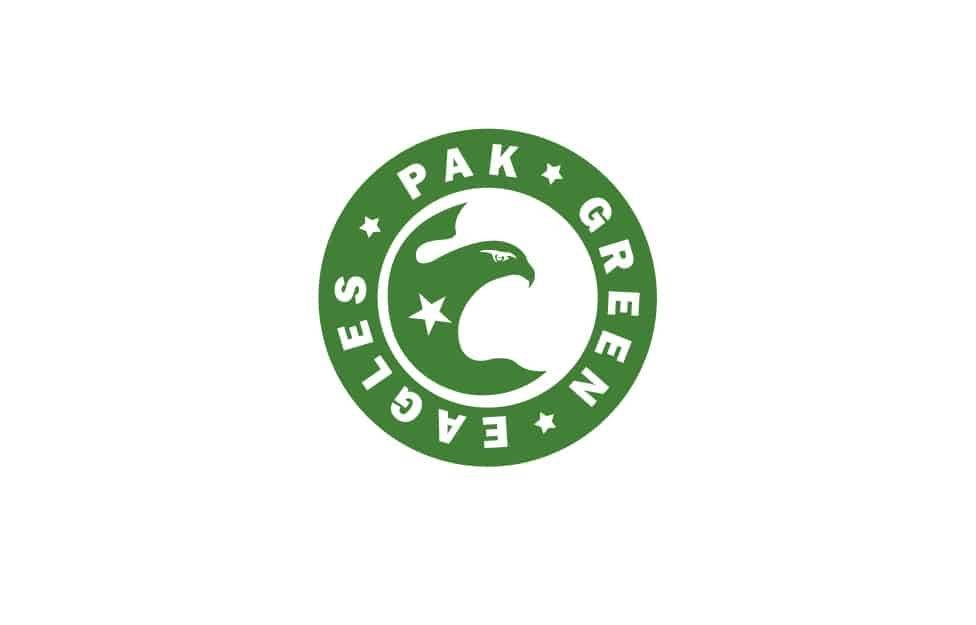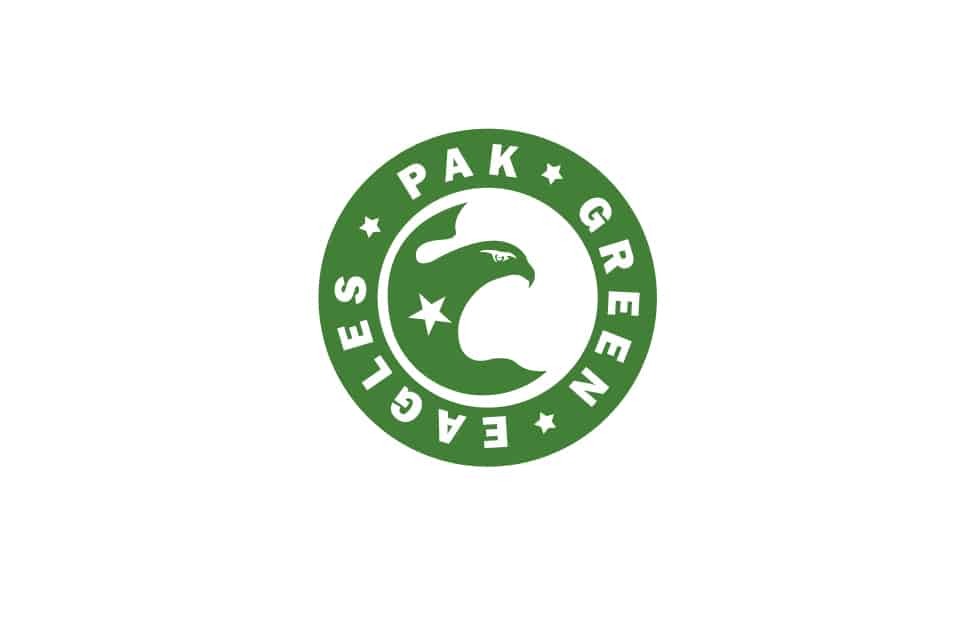
It appears that Pakistan armed forces are preparing to arrest Imran Khan who is believed to be the master mind of 9th May 2023 attacks on Pakistan army buildings and martyrs graves and monuments. Please check further details in the video below:
Imran Khan’s Arrest and Its Impact on Pakistani Politics
Introduction:
On May 9, 2023, former Pakistani Prime Minister Imran Khan was arrested on corruption charges related to the Al-Qadir Trust. The arrest sparked widespread protests and unrest across the country. This article provides an overview of the events leading up to Khan’s arrest, the arrest itself, the aftermath, and the implications for Pakistani politics.
Background:
Imran Khan became the Prime Minister of Pakistan in 2018 but later fell out with the country’s army, leading to his loss of parliamentary majority. Khan accused the Chief of Army Staff, Gen Qamar Javed Bajwa, of orchestrating his removal and alleged army interference and blackmail. Since leaving office in April 2022, Khan has faced numerous lawsuits and criminal cases, maintaining that they are politically motivated. He has been a vocal critic of the nation’s leadership, institutions, and the army.
Accusations and Arrest:
Khan repeatedly accused a senior intelligence officer, Maj Gen. Faisal Naseer, of plotting to assassinate him and orchestrating the killing of journalist Arshad Sharif. The military’s media wing, ISPR, called these allegations baseless. On May 9, before attending a bail hearing, Khan reaffirmed his accusations and was arrested by paramilitary forces inside the Islamabad High Court. He claimed physical mistreatment during the arrest, accused the army chief Asim Munir of involvement, and criticized the rule of law in the country.
Protests and Aftermath:
Khan’s arrest sparked protests across Pakistan, resulting in fatalities and injuries. Demonstrators targeted military properties and installations, which is uncommon in the country. Protesters blocked highways, set fires, and vandalized public property. The interior ministry suspended mobile broadband services and restricted access to social media platforms. Thousands of PTI supporters and members were apprehended, and key members of Khan’s political party were detained. The economy witnessed a decline, with the stock market and the Pakistani rupee facing negative impacts.
Protests against the Military:
The protests primarily targeted the army, with demonstrators storming the General Headquarters and the house of a corps commander. The army used firearms to disperse the protesters and criticized the demonstrations as a violation of the law. Some high-ranking army commanders expressed concerns and declined orders involving the use of force. Reports suggested divisions within the senior military leadership, with tensions between the army chief and other senior officials.
Release and Consequences:
Pakistan’s Supreme Court declared Khan’s arrest illegal, ordering his immediate release. The court criticized the use of paramilitary forces and the violation of court premises during the arrest. Islamabad High Court granted Khan bail for two weeks, ensuring he couldn’t be re-arrested on specified charges. Khan accused the army chief of being responsible for his arrest and called for a separate political entity to address military involvement in politics. A Special Corps Commanders Conference was held, emphasizing legal consequences for those committing offenses against the military.
Conclusion:
Imran Khan’s arrest and subsequent release have had significant implications for Pakistani politics. The arrest triggered protests, highlighting the tensions between Khan and the military. The events underscored the importance of the rule of law, freedom of speech, and political stability in the country. As Pakistan moves forward, the aftermath of Khan’s arrest will shape the future of its political landscape and governance.
Also Read: Why Imran Khan Poses a Threat to the State of Pakistan

Crafting words to inspire, engage and motivate. 10+ years of content writing, SEO, digital marketing and blogging experience. Ready to help your brand reach its potential!

